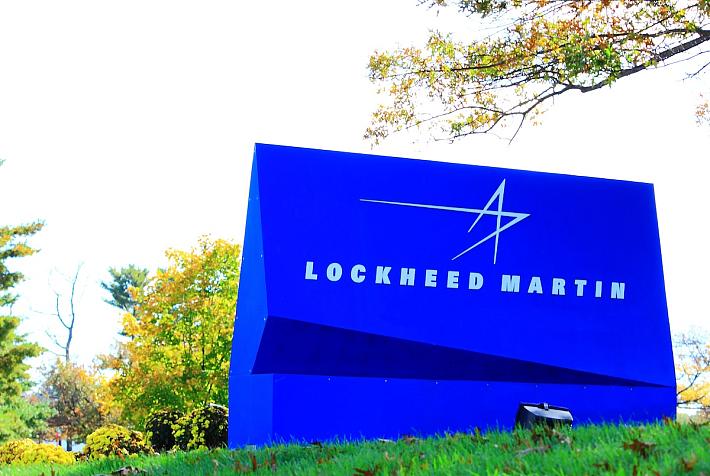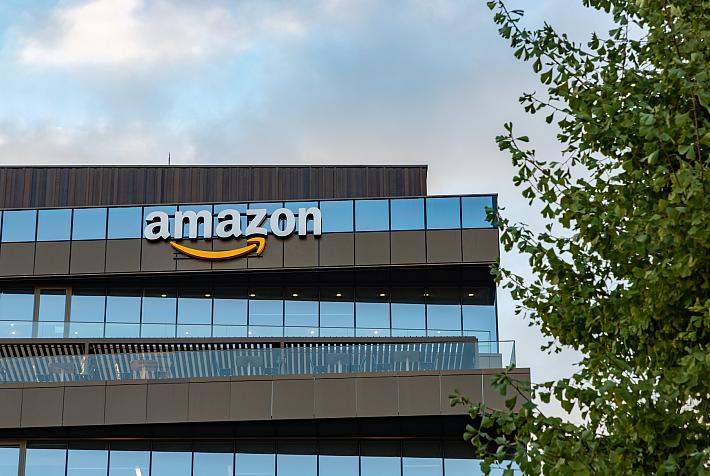Romania is last in Europe’s Digital Economy and Society Index

Romania ranks last in the European Union in terms of society digitization, despite its fast internet connection and the relatively high internet penetration rate.
Romania has an overall score of 0.31 in the Digital Economy and Society Index (DESI) for 2015, up from 0.283 last year, but is still last of the 28 member states. Even Bulgaria fares better in this index, with a score of 0.333. The EU average is 0.47 while Denmark has the highest score, of 0.676.
The Digital Economy and Society Index (DESI) is a composite index that summarizes relevant indicators on Europe’s digital performance and tracks the evolution of EU member states in digital competitiveness. The index evaluates the EU countries on five criteria: connectivity availability and quality, digital skills of human capital, the overall use of Internet, integration of digital technology in business and the development of digital public services.
Relative to last year, Romania has progressed in terms of connectivity, as more people subscribe to fast broadband networks. Romania is second in the EU for the high share of fast broadband connections, as 59% of fixed subscriptions are to a fast connection today, in comparison to 54% in 2013. However, low levels of digital skills and trust are holding back the development of its digital economy, according to the European Commission’s DESI 2015 report.
Romania falls into the cluster of low‑performance countries, along Bulgaria, Greece, Italy, Croatia, Poland, Cyprus, Slovakia, Hungary, Slovenia and Latvia. Estonia, Lithuania, and the Czech Republic are the most digitally developed countries in the region.
The full DESI 2015 report is available here.
Andrei Chirileasa, andrei@romania-insider.com













